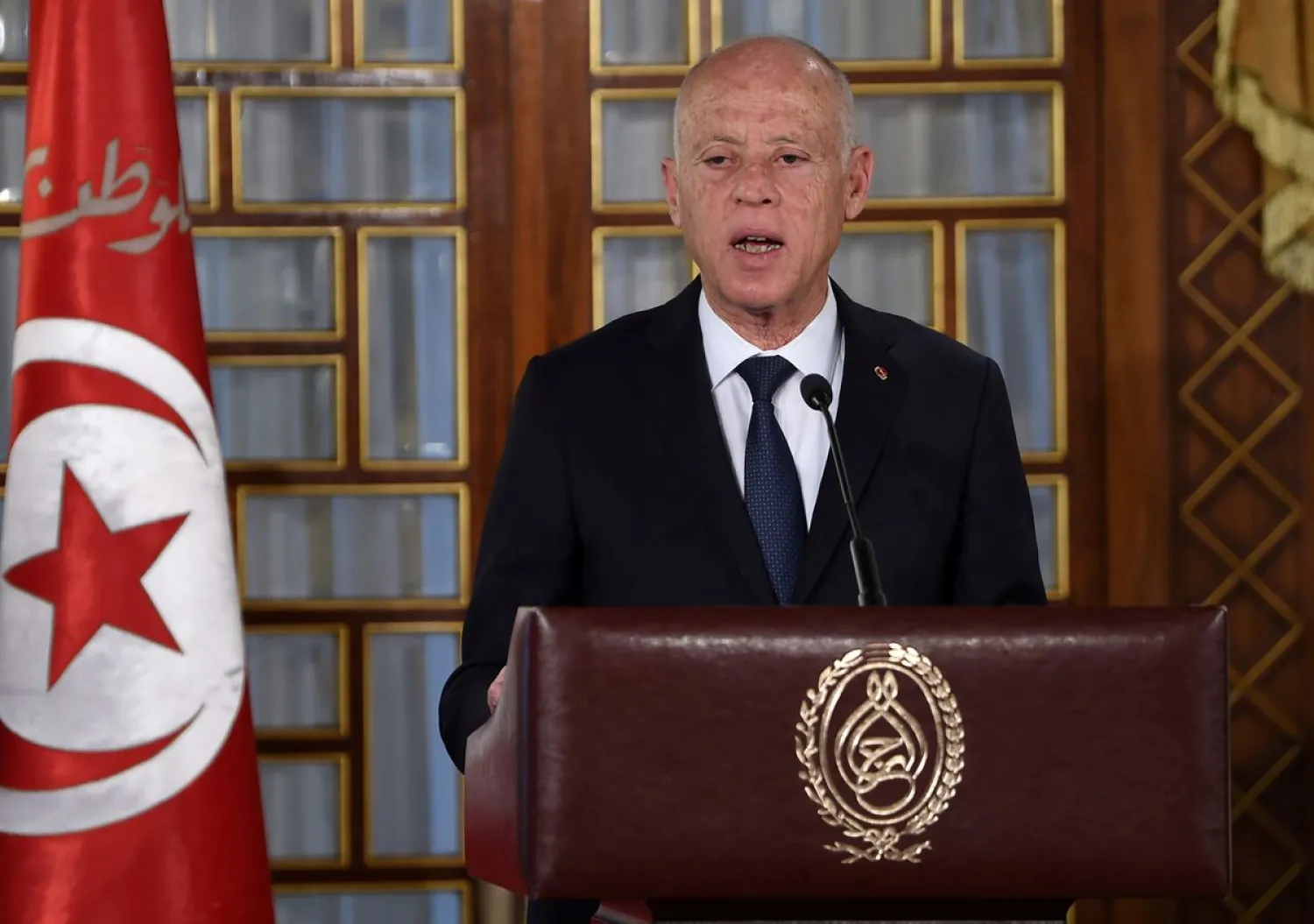Tunisian judges will extend their strike into a second week if President Kais Saied does not cancel a decree firing dozens of them, the head of the judges association said on Thursday.
Saied dismissed 57 judges last week, accusing them of corruption and protecting terrorists, charges that the association said were mostly politically motivated. The strike began on Monday.
In another development, the leader of Tunisia's powerful UGTT union said on Thursday it was being "targeted" by authorities after it refused to participate in talks on a new constitution called by Saied last month.
UGTT leader Noureddine Taboubi gave no details but sources close to the union said there were fears that Saied would use the judiciary to target the union after he sacked the judges.
Saied assumed executive powers last summer in a move his opponents called a coup, subsequently setting aside the 2014 constitution to rule by decree and suspending the elected parliament.
Saied this year replaced the Supreme Judicial Council, which had served as the main guarantor of judicial independence since Tunisia's 2011 revolution that ushered in democratic reforms.
The union's relationship with Saied was put under strain after the union refused last month to participate in a dialogue about the constitution.









